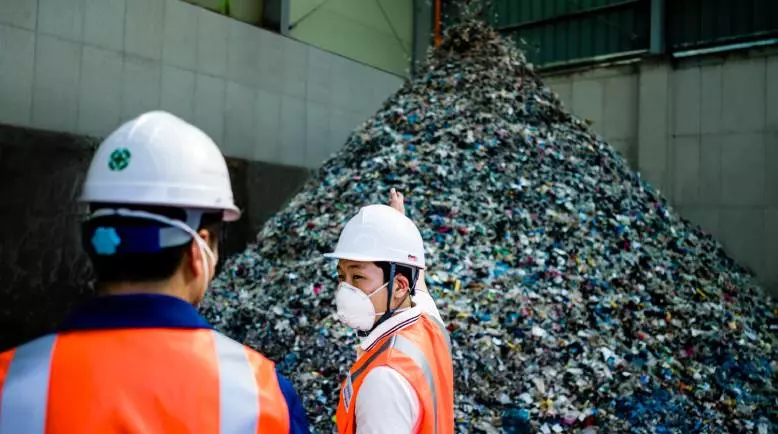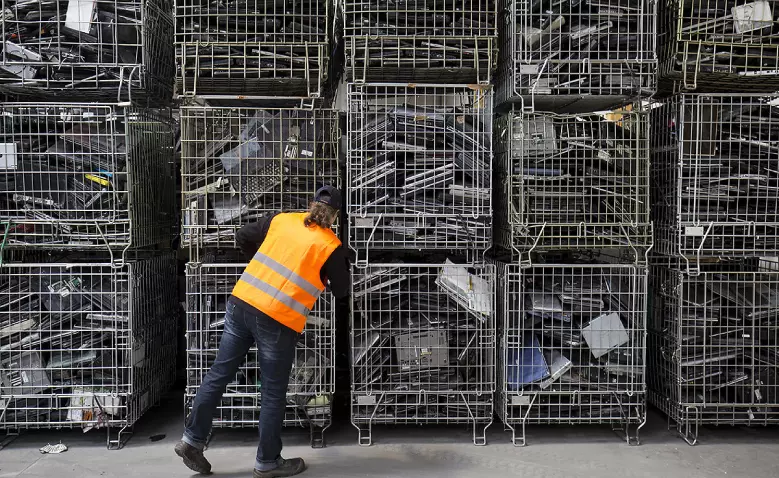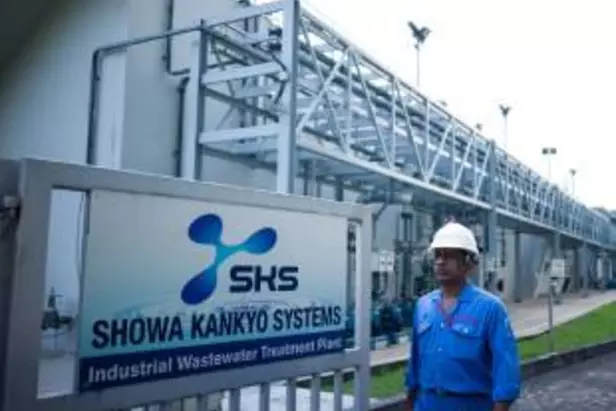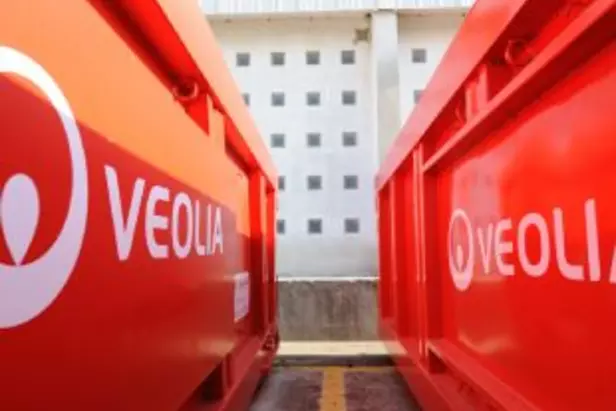What is the circular economy?
Inherited from a time when natural resources were thought to be inexhaustible, the traditional pattern of our economy is linear: "take-make-consume-discard". Today it has reached its limits.
We are putting an unsustainable strain on the planet's resources. This is why we need to reduce the burden of our economy on the planet and think in terms of a circular economy, adopting the 3Rs formula: "reduce - reuse - recycle".
Not only does this new model transform waste into raw materials, but it also has the potential to drastically reduce our CO2 emissions. The more we recycle, the more we reduce emissions.
Finally, the circular economy is not only a factor of ecological transformation. It also has a direct impact on regional growth: the European Commission estimated in 2020 that 700,000 jobs could be created by 2030 in Europe alone.

By 2020, our revenue from the circular economy is already €5.2 billion, 25% above our target.
The circular economy applied to water, waste and energy
In concrete terms, how does the circular economy system work? For raw materials used in production, this means, for example, recycling as much plastic, paper, glass and precious metal as possible. One example is the case of "rare earths," which are used in the composition of all our electronic objects and which we are finally beginning to know how to recycle. The challenge is crucial because they often come from areas suffering from high geopolitical tensions and are difficult to extract.
Renewing our resources also involves the most vital of all: water. We are therefore putting in place solutions to treat and reuse wastewater, so that it can be used for industrial activities or irrigation, for example. When they cannot be used, we ensure that its discharge into the natural environment is not a source of pollution.
Lastly, in terms of energy, we make the most of renewable sources, particularly recovered energy: biomass, biogas, waste heat, etc. So that nothing is lost, and waste can in turn be a source of energy. For example, we separate organic matter from other waste to produce both biogas, a source of energy, and composted fertilizer for farming.
The circular economy: optimized waste treatment and wastewater reuse
Managing natural resources sustainably means offering our customers solutions that promote the circular economy. These solutions enhance the value of resources, optimize productivity and promote responsible use.
Collection of industrial and commercial waste
We provide an integrated waste management system to our industrial customers. Every year, hundreds of millions of metric tons of waste, sometimes hazardous to humans and the environment, are generated by industry. It needs to be dealt with to reduce its volume and improve its treatment. This is what our solutions do, helping in particular to reduce transport and landfill costs.
Handling and treating construction waste
We improve the management of our customers' construction waste. Too often, poor sorting at source does not allow this waste to be treated under good conditions, when it is not simply piled up in "illegal dumps". Concrete, wood, plastic, timber, asbestos, metals and even chemical products are all materials found on construction sites, demolition sites, etc. We give them a second life, with cost savings and benefits for the environment.
Digital for resource and waste management
We help our clients digitalize management of their resources. This includes smart monitoring, which is made possible by our Hubgrade solution, a control center combining human and digital expertise to help optimize the management of water, energy and waste. We also provide intelligent waste collection solutions, linked to connected containers that indicate how full they are.
Automation of recyclable packaging sorting
We have an automated, scalable and integrated sorting solution. Based on a sorting algorithm and optical separators, this solution makes it possible to respond to all recycling problems from a single sorting belt. The stakes are high when it comes to sorting, which is not always done properly. Our solution also contributes to optimizing the recovery of this form of recyclable waste.
Production of "green" energy from household waste incineration
We produce “green” energy from household waste. We do this by incinerating the material and then recovering the heat produced in the form of pressurized steam. This thermal energy can either be used directly to supply district heating networks or transformed into electrical energy. In all cases, it limits the use of fossil fuels and is part of a circular economy approach.
Production of energy-efficient solid recovered fuels
We recover waste to make SRF: solid recovered fuel. It is derived from dry, non-hazardous waste that is compacted to become a high-yield energy source. It can be recovered in situ in the form of heat or energy, or sold for energy recovery. It is a compelling alternative to landfill issues and helps to reduce the share of fossil fuels in the energy mix.
Optimizing industrial waste management
We optimize the treatment of our industrial clients' waste. Our expertise in this area, combined with innovative technological solutions, enables us to process all waste streams from industrial sites efficiently and cost-effectively. Through a client-specific waste management plan, we ensure safe disposal and recovery, while reducing costs and the environmental footprint.
Local circular economy and regional value creation
We promote the local development of the circular economy. For instance, we respond to many local issues and create value: the circular economy not only conserves and renews environmental resources, but also secures supplies. It contributes to the creation of numerous jobs, and is based on a collaborative approach to prevent, for example, conflicts of use between residents and industries.
Wastewater reuse and water stress reduction
We help conserve water resources through wastewater reuse (for irrigation, industry, etc.). This is no small challenge, given that by 2025 more than 1.8 billion people will be living in absolute water stress. Our 350 proprietary water treatment technologies contribute to limiting social and health risks, the decline in agricultural yields or industrial productivity and even the risks of fire or desertification.
Our solutions for action
- Improve output
- Optimize resource use and costs
- Comply with regulations and maintain operating licenses
- Reduce environmental footprint
- Conserve resources
- Diversify the energy mix
- Provide a sustainable alternative to landfill
The Veolia difference

We did it!

Showa Denko Singapore manufactures nearly 29% of the world's hard disk drives. Since 2006, thanks to the Unox™ biological wastewater treatment technology, we have been supplying our client at its Tuas site in Singapore with 4,224 m3/day of ultrapure water, essential for the smooth running of its production processes.

In 2016, SEB and Veolia created the first complete circular economy loop for small electrical appliances: collected by the eco-organization Eco-systèmes, the WEEE is then recovered by Veolia in the form of recycled raw materials, which are then used by Groupe SEB to produce new appliances sold in shops.


